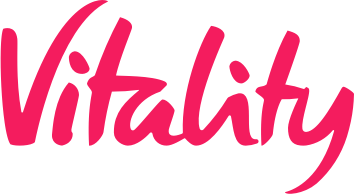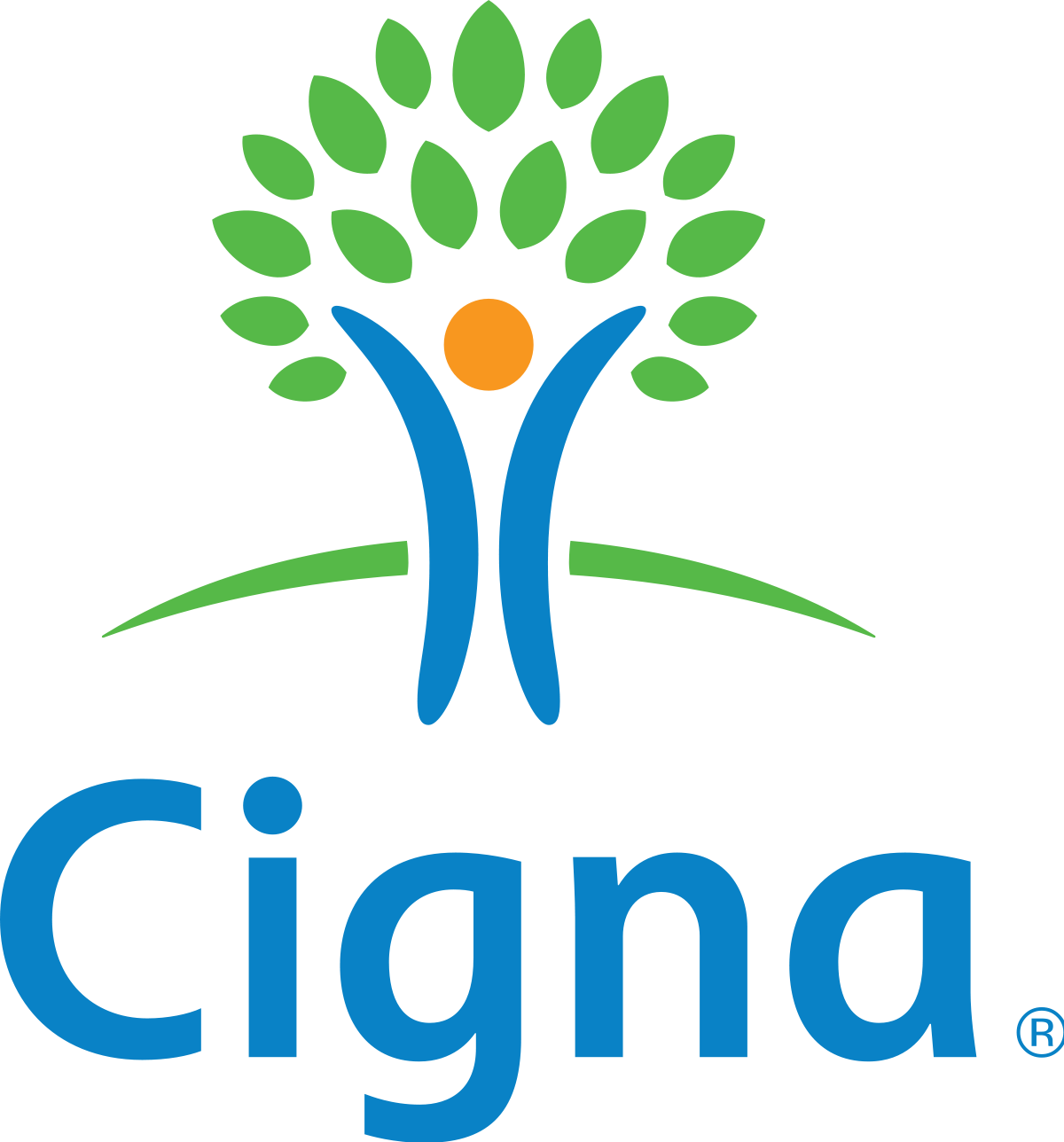In recent years, the use of smartphones and tablets has grown exponentially. The availability of such technology, with the growth of services through the internet has permitted these devices to be used anywhere, at any time.
However there has been some concern raised by some groups suggesting that too much screen time, particularly at the wrong time may have negative health effects. This is principally through blue light.
Blue light on screens:
There is evidence to suggest that the light from our devices is “short-wavelength-enriched,” meaning it has a higher concentration of blue light than natural light. Blue light affects levels of the sleep-inducing hormone melatonin more than any other wavelength. A study of healthy people found exposure to blue light from screens shortened their total sleep time, reduced melatonin production and reduced the sleep quality. Recently Various research studies have pointed to blue light as a causative factor in poor sleep. Blue light tends to suppress the production of melatonin far more than light of other wavelengths, and in doing so also alters circadian rhythms. In turn, interfering with the our ’24 hour’ rhythm can effect of heart health, immune system and mood. Essentially, when our 24 hour clocks’ are disturbed regularly, we can damage our health. Red light, on the other, appeared to have no effect.
So in summary, night time blue light exposure is not good for sleep and circadian rhythms. Taking steps to limit exposure, including using red light sources during evening hours can make a difference to one’s health and well-being.
In addition, there are a number of things we can do to minimise blue light exposure. Diets rich in carotenoids such as lutein and xeaxanthin can be beneficial in naturally ‘blocking’ blue light. Similarly blue light filtering screens and apps can assist (Apple’s Night Shift is built in and shifts to warmer redder wavelength light in the evenings). Numerous other strategies exist, such as using Fluxis free software which can adjust the light of your computer to match the cycle of natural sunlight.
Correspondingly, try and get as much sunlight during the day, which will help boost attention and alertness, strengthens circadian rhythms and improves cognition.
In summary, modern day living requires modern solutions. Try and pay attention to the amount of screen light exposure you give yourself in the evenings, and use the help that’s available to ensure better well-being.
Mr Sameer Trikha MBA FRCOphth
Mr Sameer Trikha is available for private consultations through Arnott Eye Associates, at Optegra. Please visit http://www.sameertrikha.com











